Lauréat avec Mattia CAFASSO, Université d'Angers (France).
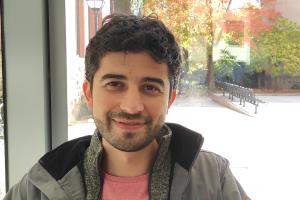

Lauréat avec Mattia CAFASSO, Université d'Angers (France).

Lauréate avec Enric VENTURA, Universitat Politècnica de Catalunya (Espagne).
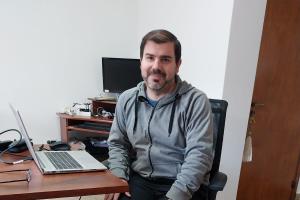
Lauréat avec Carsten TRUNK, Technische Universität Ilmenau (Allemagne).
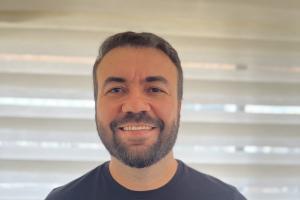
Lauréat avec Barbara NELLI, Universitá di L’Aquila (Italie).
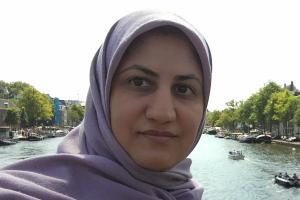
Lauréate avec David FERNÁNDEZ-DUQUE, University of Barcelona (Espagne).
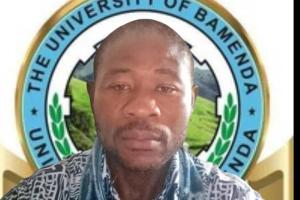
Lauréat avec Zappale ELVIRA, University Sapienza di Roma (Italy).
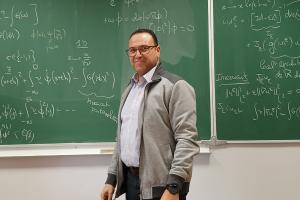
Lauréat avec Olivier Goubet, Université de Lille (France).
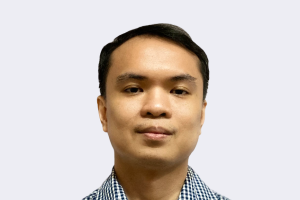
Lauréat du Trimestre IHP "Illustration as a Research Mathematical Technique" du 5 janvier au 3 avril 2026.
Coordinator: Joaquim M. C. Correia (Universidade de Évora, Portugal)
Operator algebras are self-adjoint subalgebras of the bounded operators on a Hilbert space and divide into two main classes: C∗-algebras and von Neumann algebras, according to whether one demands that they are closed in the norm topology or the weak operator topology.